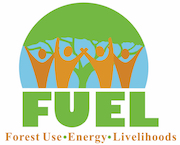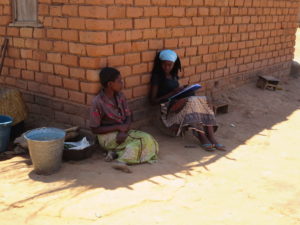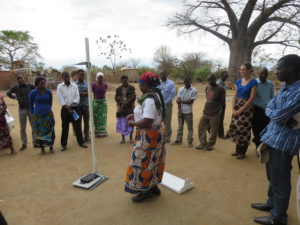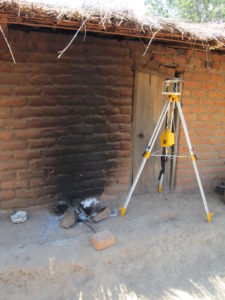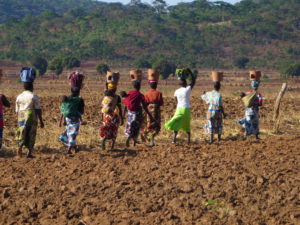The MFLS is a household panel survey started by Dr. Charles Jumbe (CARD, LUANAR, Malawi) in 2002 (Wave 1). Subsequent waves were led by Thabbie Chilongo (UMB Norway and CARD, LUANAR, Malawi) in 2006, and Dr. Jerry Shively (Purdue University) in 2009. Dr. Jumbe has collaborated on all four waves of the survey. While the design of the survey instrument has changed over time, it retains core modules focused on forests and livelihoods, and co-management of forests. In 2013 we added a fourth wave to the MFLS that includes new modules on fuel and cooking technologies, health and nutritional outcomes for women and children under five, cooked and uncooked food consumption, and awareness of health, environment, and climate impacts of cooking decisions. We also collected data on determinants of exposure to household air pollution. Our protocol involves the collection of carbon monoxide (CO) and particulate matter (PM2.5) for a period of 24 hours. We collected both personal (i.e. cooks wore monitors) and area (i.e. observations from kitchens or cooking areas) measurements for a subset of 100 households.
The MFLS sample is drawn from villages in Machinga (N=18 villages) and Kasungu (N=26 villages) Districts. The areas are relatively forest rich, all study villages are situated adjacent to either the Liwonde (Machinga District) or Chimaliro (Kasungu District) Forest Reserves. The 2013 sample includes 400 households split between the two Districts. Approximately 50% of the original 2002 sample is retained.
Research themes: Energy Poverty and Environment and Livelihoods
Research team: Charles Jumbe (LUANAR), Pam Jagger (UNC-CH), Ipsita Das (UNC-CH)
Funding: Wave 4 of the MFLS was funded by the National Institutes of Health (NICHD) with additional support from the Fogarty International Center.
Duration: 2002 – 2013
For more information, read more here.

